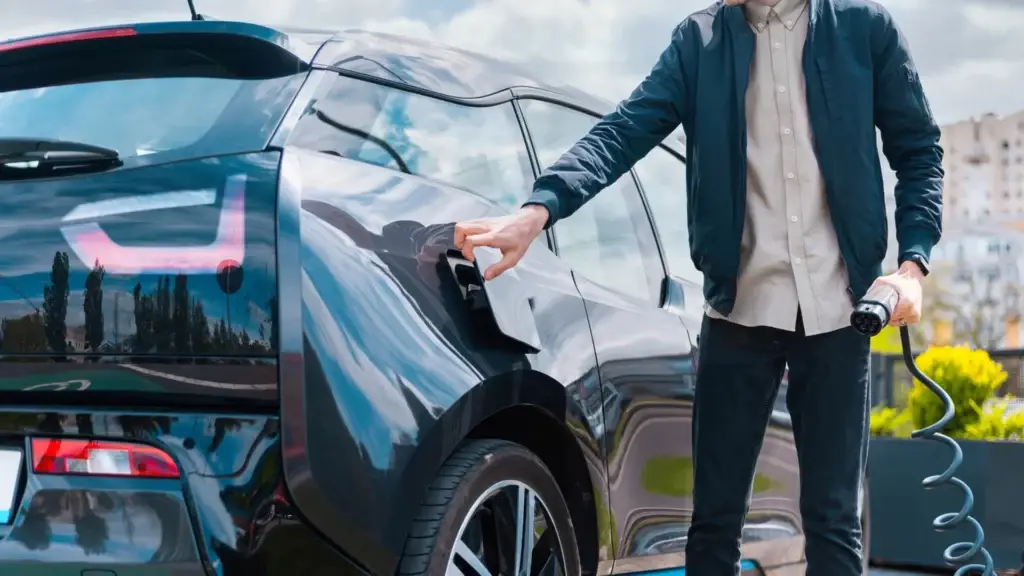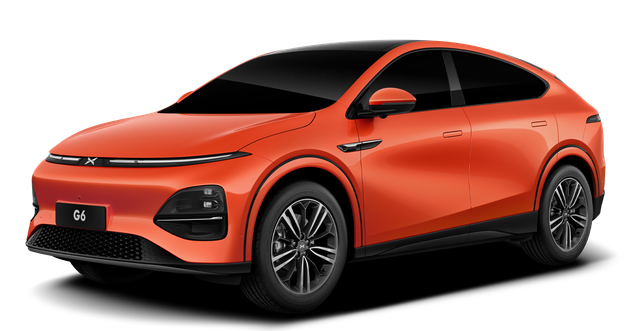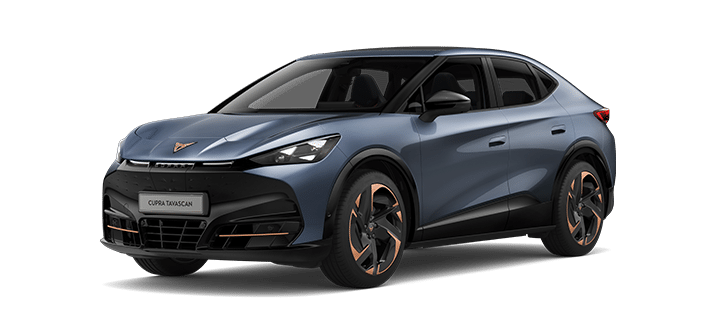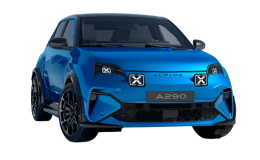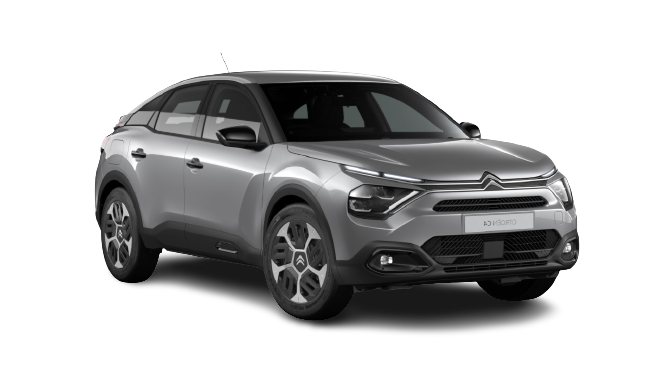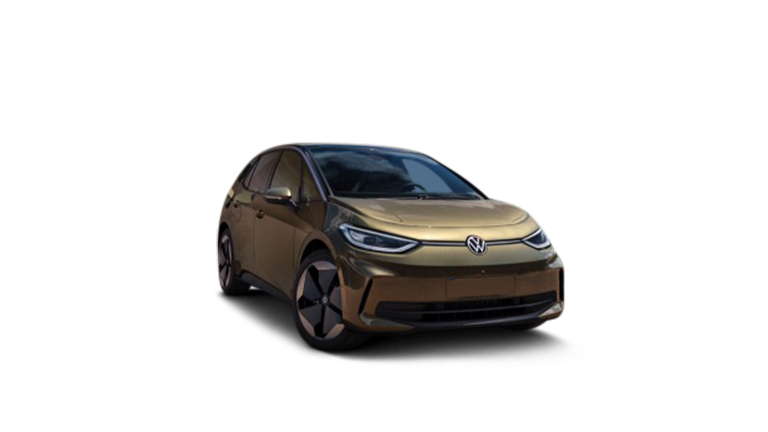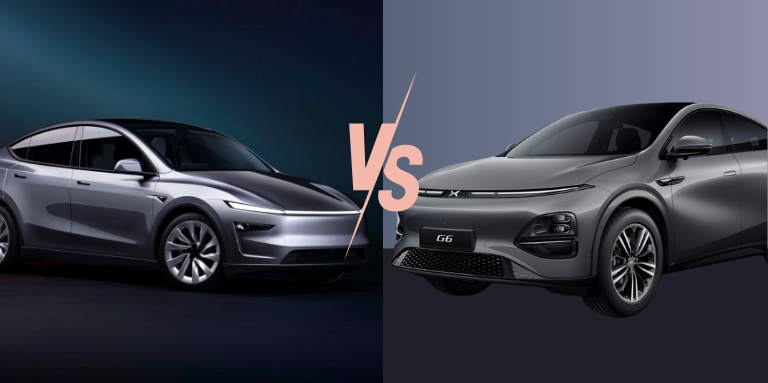The foundations of eco-driving for electric cars
The main advantage of practicing and mastering the eco-driving method will be the savings it will bring in terms of energy consumption of the electric car.
In fact, eco-driving is a particularly effective way of lowering the energy consumed by your electric vehicle and thus significantly reduce the energy costs incurred by the use of an electric car.
What's more, eco-driving will also result in more ecological driving. Optimizing and reducing the energy used by the electric vehicle will help develop reflexes in favor of energy sobriety and therefore more respectful of the environment.
See also : 8 tips to reduce the energy consumption of your electric car
Raising employee awareness of eco-driving
Now that we've covered the main benefits of eco-driving, it's time to look at how to raise employee awareness.
First of all, as managers, it's relevant for you to present the electrification of your company's fleet and the acquisition of electric cars as a long-term investment to your employees.
Explain to your employees the motivations behind the switch to electric vehicles will help them better understanding understanding of the project and, in the process buy-in to the project.
See also : Company benefits in kind and electric vehicles
Describe the benefits benefits of eco-driving is the key to raising their awareness and getting them to adopt more responsible driving practices. It's also important to bear in mind that eco-driving is not an isolated act.adapting one's driving habits over the long term.
The principle of eco-driving is to to internalize more environmentally-friendly driving habits and adopting them on a daily basis, on every electric car journey.
In addition, it's important to tell your employees about the importance of looking after their company electric vehicle. This includes regularly checking tire pressure, brake fluid and coolant levels, and topping them up or replacing them if necessary.
On the whole, it's just a matter of keeping an eye on the condition of the company car in general, and servicing it where necessary.
See also : How to maintain your electric car
The ecological benefits of eco-driving
For employees who are sensitive to environmental issues and responsible practices, it's worth pointing out the advantages of eco-driving in terms of ecology.
In fact, according to a study carried out by Transurban, an Australian company specializing in transport infrastructure management, the practice of eco-driving on a daily basis results in a reduce CO2 emissions by at least 5.5%.
This figure can easily be increased depending on certain parameters, such as the nature of the journeys made and the model and size of the electric car.
In this way, if your employees use their electric company car mainly for journeys in urban areas, their energy consumption will be fairly moderate. moderate.
For example, if your employees own a electric city car like the Peugeot e-208it will have an energy consumption of 15.3 kWh/100 km, which is still relatively reasonable.
See also : Electric city cars: all models available in 2022
If, on the other hand, they make long-distance freeway journeys, their energy consumption will be significantly higher.
According to a study conducted by Purdue Universityin Indiana, USA, freeway journeys considerably increase the energy consumed by electric cars.
The safety benefits of eco-driving
In addition, practicing eco-driving reflexes will encourage employees to be extra vigilant when behind the wheel. They will place more importance on controlling their driving and the speed at which they drive, while taking care to limit their speed.
In the case of freeway journeys, thehe ideal speed to maintain is between 100 km/h to 110 km/h for an electric vehicle, which has the added advantage of optimizing its range to the maximum.
This will enable better anticipation of traffic, leading to safer driving and therefore a reduced risk of accident. reduced risk of accidents.
According to government statistics on road safetyspeed is a major factor in road accidents, accounting for around accounting for around 27% of fatal road accidents..
In this way, the investment represented by the electrification of the company fleet will pay for itself more quickly, with a reduction in the number of potential accidents thanks to more vigilant driving. fewer potential accidents thanks to more vigilant driving.
What's more, eco-driving means lower recharging costs, thanks to optimized energy consumption.
The economic benefits of eco-driving
Eco-driving saves on refills recharging by reducing the frequency of recharging, thus cutting the cost of recharging the fleet of electric cars.
In addition, a reduction in recharging frequency will have the advantage ofoptimize both range and battery life.
It's also important to choose the right model of electric vehicle for the nature of your business trip, in order to save money on your company electric car. For example, it's a good idea to opt for compact models, like the electric city cars like the Renault Megane E-Tech or the Peugeot e-208 for city driving. Similarly, for medium to long-distance journeys, you'll need to look for more powerful models with greater range, such as the electric SUVssuch as the Kia Niro EV or theOpel Mokka-e.
See also : The profitability of an electric car
Lease an electric car
Communicating eco-driving within the company
To ensure successful completion of the eco-driving process, it is important to ensure effective effective communication within your company. To this end, you may wish to consider drafting and distributing an eco-driving charter to ensure compliance with and implementation of more virtuous driving practices.
There are also eco-driving training courses in which you can investfor your employees. What's more, the cost of such training will quickly pay for itself, thanks to the return on investment generated by the practice of eco-driving, once it has been mastered and adopted on a daily basis.
The savings generated by the introduction of eco-driving eco-driving will therefore increase the company's budget.. In this way, it will be possible to reinvest part of the funds in employees, to increase their benefits or their day-to-day comfort within the company, for example.
This will be another way of motivating employees to practice eco-driving, if the benefits are directly accessible. Similarly, in the event of non-compliance with the eco-driving rules in force, it will be possible, for example, to cancel certain benefits in return.
What's more, once the regulatory framework for eco-driving has been established, it's important to maintain these rules and practice them over the long term. To do this, it's important to maintain a dialogue on eco-driving within the company, and to communicate on it regularly.
It may therefore be worth asking your employees questions about their eco-driving practices. For example, you could ask them about the eco-driving gestures that were the most difficult to put in place, or those that they felt were the most effective in reducing the energy consumption of their company electric vehicle.
The idea is simply to maintain the dialogue around eco-driving within the company itself, to ensure that the practice flourishes and lasts.
In conclusion
Eco-driving has a dual scope. It consists of a set of reflexes to be adopted on a daily basis in terms of driving, enabling you to benefit from considerable ecological, economic and safety advantages.
So, if you're a company, it's important to make your employees aware of the virtues of driving their company electric car on business trips. It's a question of engaging environmental responsibility by explaining the benefits of eco-driving on a daily basis.
In addition to the numerous advantages for the company, there are also benefits for employees, stemming directly from eco-driving. In fact, eco-driving improves the driving experience for employees, while guaranteeing their safety when using their company electric car for work-related journeys.
